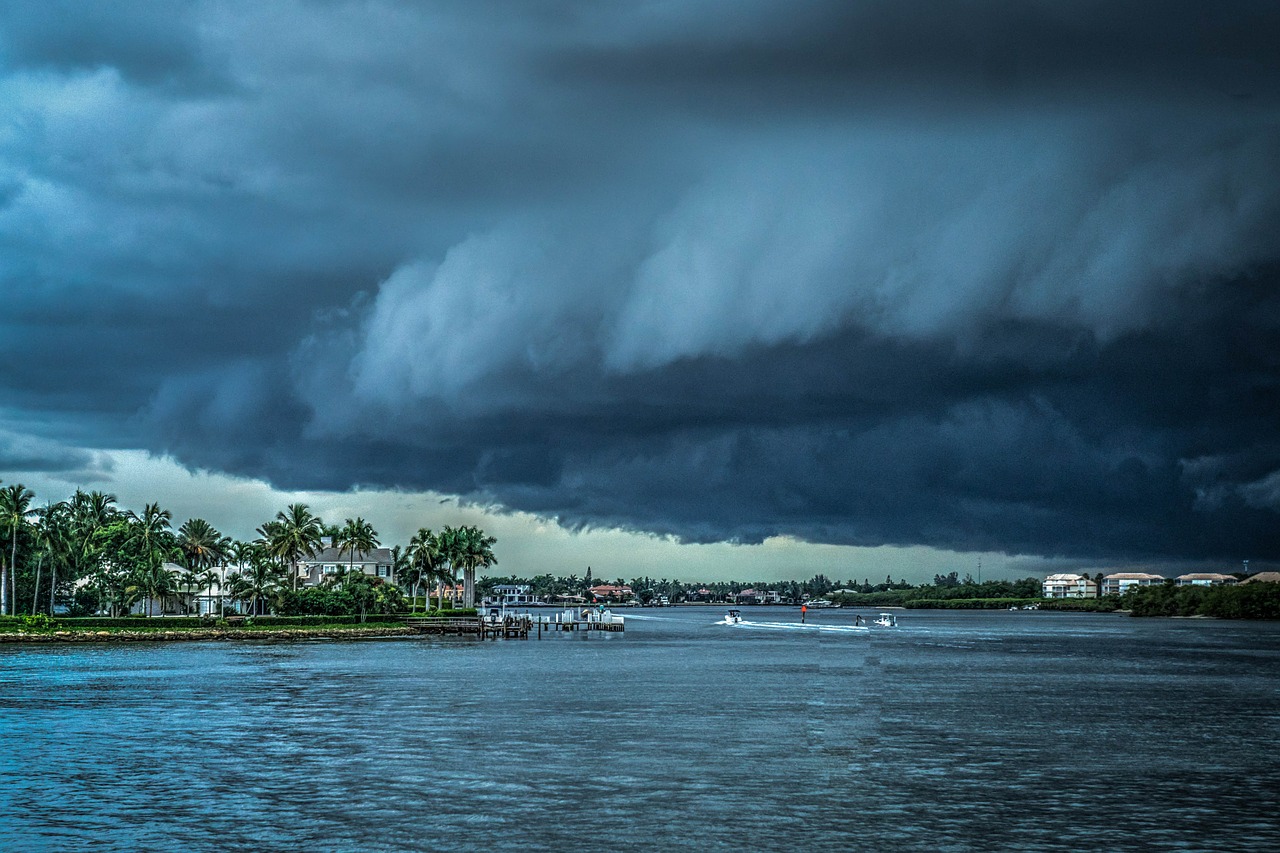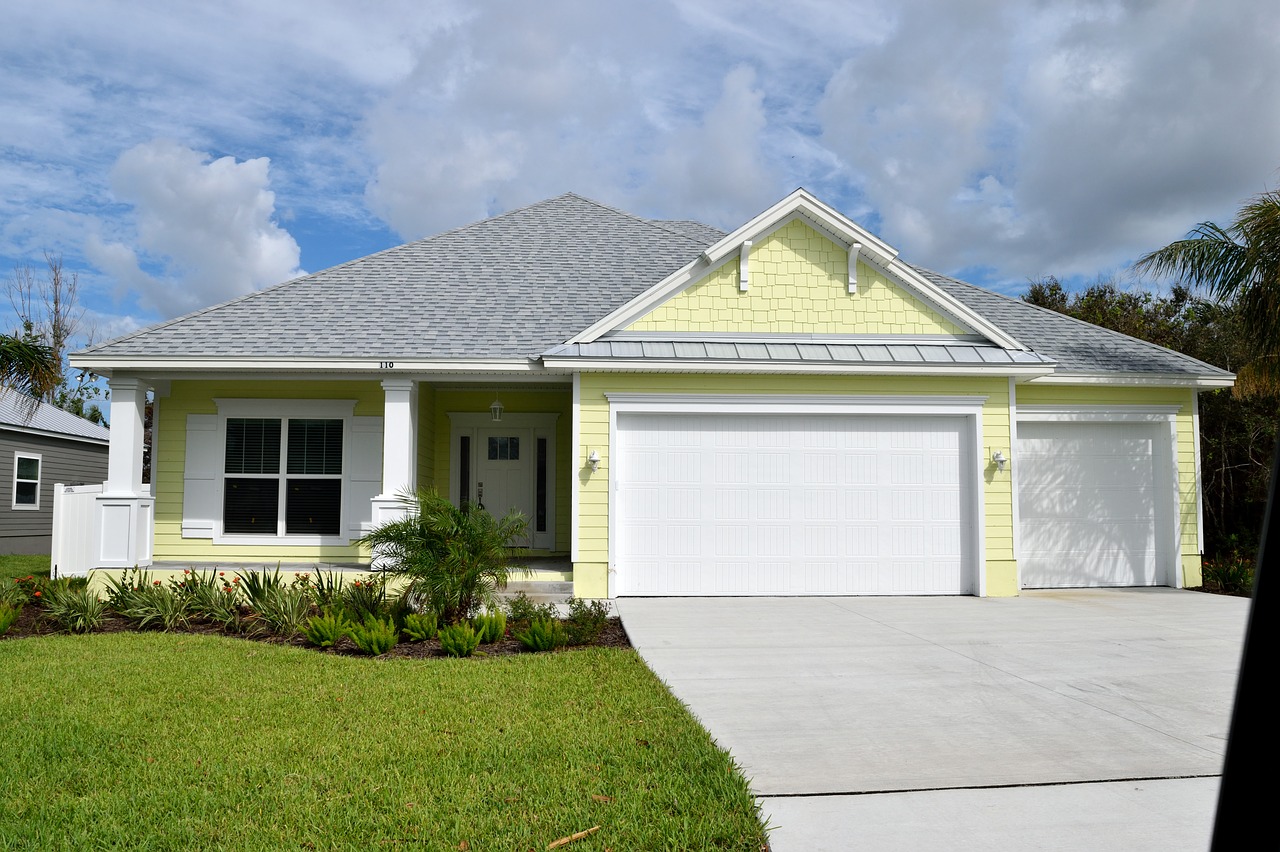
How to Recover from a Disaster
Hurricanes, floods and other natural disasters can take a huge toll on our homes, our wellbeing, and our communities. Here in Florida, we wait out the hurricane season every year, hoping that our glorious state will be spared from the worst of it.
If a hurricane, flood or storm is forecast for the region, you will likely be advised of the potential threat by local government agencies. What they don’t always do, however, is advise you what to do when the danger has passed.
With this in mind, here is our guide to how to recover from a disaster in Florida.
Stay Away Until You Are Told It Is Safe
If you have been evacuated or are holed up somewhere safe, it can be worrying to think about the condition of your home from afar. You must not, however, head back to your neighborhood until you are told that it is safe to do so. Debris, loose power cables, standing flood waters, and other hazards can be incredibly dangerous even after the worst of the weather has passed, so sit tight until you are told it is safe to return to your home.
DO NOT enter your home if you can smell gas, floodwaters remain around the building, or your home was damaged by fire.
Take extra care when entering your home
Even if your home looks to be in fairly good condition from the outside, a large storm can cause a wide variety of potential problems that may not be immediately identifiable. Power outages, electrical surges, gas leaks and a lack of fresh running water are common problems that plague entire neighborhoods, long after a storm has passed.
When you enter you should check for the following:
- The smell of gas or the sound of hissing
- Sparks, broken or frayed wires
- Roof, foundation and chimney cracks.
- The condition of any appliances – visually inspect them and DO NOT switch them on if there is flood water or any sign of damage to the power supply
- Food and other supplies. Throw out all food and other supplies that you suspect may have come in contact with floodwater.
- Flooding in the basement which could weaken the structure of your home.
Call Your Insurance Agent
If you are able to safely access the damage to your home, and you are able to use the telephone, call your insurance agent to make them aware of what has happened. Make a room by room list of the damage that has occurred as well as a list of all of the contents that will need replacing. You should also take pictures of the same.
Going forward, you will need to keep a record of any repairs or cleaning costs and keep receipts for all work undertaken and any out of pocket expenses including accommodation.
Meet with the insurance adjuster or agent
Your insurance provider will have adjusters on the ground as soon as possible after a major disaster. One will be sent to your house to access the damage as soon as it is safe to do so. You will need to obtain detailed estimates for repairs from a licensed and bonded contractor to give to the adjuster. These must contain full details of the proposed repairs and all of the associated costs.
Be sure to also keep hold of any damaged items so the adjuster can view them first hand. Finally, provide your adjuster with a full list of everything that needs to be repaired or replaced, along with any original receipts of paperwork you have pertaining to the items in question, and remember to keep a copy for yourself.
For more information about how The Sena Group can help you with any
of your insurance needs, please contact us at 561-391-4661.
We can be found on Social Media at the following links.




